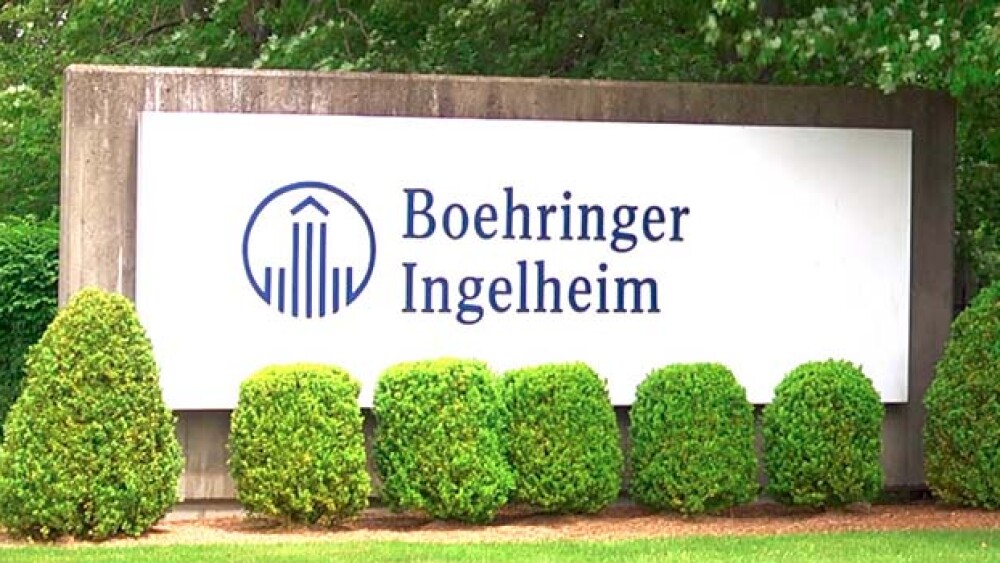Another potential treatment for Alzheimer’s disease has been tossed into the rubbish bin.
Another potential treatment for Alzheimer’s disease has been tossed into the rubbish bin. This morning, Boehringer Ingelheim announced it was scrapping its Phase II investigational compound BI 409306 after it failed to meet endpoints.
Germany-based Boehringer Ingelheim said it was studying the effects of BI 409306, a PDE9 inhibitor, in patients with cognitive impairment and those with memory dysfunction in schizophrenia and in Alzheimer’s disease. In its efforts to treat Alzheimer’s, Boehringer Ingelheim was attempting to determine the efficacy BI 409306 had on targeting glutamate, a neurotransmitter. In two studies, Boehringer Ingelheim said BI 409306 failed to demonstrate superiority over placebo in cognition. The trials included 457 patients who received either the Boehringer Ingelheim compound or placebo for a period of 12 weeks.
BI 409306 is designed to block the PDE9A protein. By doing so, researchers hoped to enhance the glutamatergic signaling pathways in the brain to increase synaptic strength and plasticity. The glutamatergic pathways are thought to affect brain functions that are important to memory and learning.
Boehringer did not disclose what it actually discovered in the Phase II trial or why the compound missed its mark. The company said it intends to share topline data results at the Alzheimer’s Association International Conference in July. Further analysis will be needed to fully understand the results and how best to shape future research in Alzheimer’s disease, the company said.
Jan Poth, the therapeutic head of CNS diseases at Boehringer Ingelheim, said there is great anticipation in any research that could provide solutions to forms of dementia, such as Alzheimer’s. While there is hope in research, Poth took it in stride that failure is also part of the game as well.
“However, this is what research is about: disappointments are a daily experience in science, but even these clinical trial results will add to the understanding of brain function and contribute to future progress in this area,” Poth said in a statement.
Although Boehringer Ingelheim said it no longer intended to focus resources on determining if BI 409306 could have an effect on Alzheimer’s, the company said it could still be an effective treatment for schizophrenia. Future investigations of BI 409306 will focus on two studies in schizophrenia, aimed at prevention of relapse and at prevention of occurrence of a first psychotic episode.
Boehringer Ingelheim said the failure of BI 409306 will not deter its efforts to develop a treatment for dementia patients. The company is planning a Phase II trial with another compound, BI 425809, a GlyT1 inhibitor, in a range of central nervous system (CNS) indications which also include Alzheimer’s disease.
Dementia is one of the most serious CNS issues. In 2017, the number of people believed to be living with some form of dementia is 50 million. This number will double almost every 20 years, reaching 75 million by 2030 and 131.5 million by 2050. Boehringer is part of the “We won’t rest” initiative in Europe that is aimed at developing lasting therapies for dementia, schizophrenia and other disorders.
“Starting from our systematic neurobiological approach to CNS research, we will continue to build innovative approaches in our clinical trials and help advance the field in collaboration with the wider scientific community. We won’t rest,” Stephane Pollentier, Boehringer’s head of CNS, said in a statement.





